
Jabbar Baghtcheban: The Teacher of Iranian Deaf Children
Jabbar Baghtcheban was a teacher, originally from Tabriz, Iran. He was the founder of the first kindergarten and school for deaf children in Iran. He was born in the Armenian capital, Yerevan. Jabbar’s mother was a poet. His parents took note of his extraordinary abilities and introduced him to ancient Persian stories including Shahnameh. Before his engagement in cultural activities, Jabbar worked in his father’s confectionery. He left school at the age of 15 due to financial constraints.
Jabbar was a confectioner and an architect. He had an interest in comic stories and satirical anecdotes and was fond of the works of “Nasreddin” and “Laklak”. He was imprisoned in Armenia due to the religious conflicts between Muslims and Christians. Jabbar started his cultural activities in prison by writing two weekly newspapers known as “Mulla Nahib” and “Mulla Bashi”, and managed to have them sold outside the prison.
Jabbar’s Evolution in Prison
Historians believe that prison changed Jabbar Baghtcheban’s life and priorities. His close associates argued that Jabbar’s time in prison changed his perception of life. His biggest concern was humanity and peace became his biggest desire. In order to fundamentally reform the existing social norms, and to spread the named values, Jabbar engaged in social and cultural activities with an emphasis on women and children. Ghizilli (Golden Leaf) and Bayramcheligh (The Message of Eid) were the first two books of stories he wrote for children.
He initially chose the pen name “Ajez”. His family name was Askarzadeh. He became a teacher when he returned to Iran and began teaching in a school in Marand County of Tabriz. Jabbar’s students were more educated, more advanced, and more enlightened compared to other students, which made it clear to everyone that Jabbar was an extraordinary teacher. He was a teacher in a school called Ahmadieh in Marand. His dedication, expertise, and flair made it possible for him to progress further.
Children’s Garden in Tabriz
Jabbar Baghtcheban established the first Iranian kindergarten in Tabriz and called it “Baghcheye Atfal” (meaning “children’s garden”). That is basically why he changed his family name to Baghtcheban (meaning “gardener”). His massive love for teaching made him extremely innovative in his work. In addition to his distinguishable endeavor to educate children, he wrote the book “Alefbaye Asan” (meaning “Simple Alphabet”) for adults. Besides writing poems and plays, he also invented games and handicrafts for children. He familiarized children with music and treated deaf children in a special way.
The idea of teaching deaf children started when a deaf kid came to the school. Jabbar had no prior information about cued speech but began developing one in the Persian language. The Persian cued language is founded upon the sounds and shapes of letters. Furthermore, he formed two committees to protect the rights of teachers and theatrical performers in Tabriz. He also wrote and performed plays, including “Erkak Khalaqizi” and “Hayat-e Moalemin”, which were aimed at criticizing the status quo. Afterwards, he traveled to Shiraz on the invitation of Shiraz’s educational authority, to establish the first kindergarten in that city.
Special-needs Education
The poem “Children’s Life”, and the play “The Shepherd and the Wolf” are among some of his works during his stay in Shiraz. His critical plays became popular in Shiraz. Developing a system of primary education, educating children with special needs, and developing literature for children are the fruits of Jabbar Baghtcheban’s efforts, dedication, flair, and talent. For the past one hundred years, people in Iran have been benefitting from Jabbar’s legacy. He moved to Tehran in 1933 to establish the first school for deaf and mute children.
Jabbar invented the first hearing aid system in Iran. The device transferred sound to the ears through teeth. His method of teaching the Persian alphabet has been used in Iran since 1936. He then began publishing a monthly by the name of “Zaban”, shared his new teaching method with the teachers of first-grade students, and created a platform to groom teachers to be able to educate children with special needs. Jabbar Baghtcheban passed away in 1967.
| Name | Jabbar Baghtcheban: The Teacher of Iranian Deaf Children |
| Country | Iran |
| Nickname | Jabbar Baghtcheban |
| Production Time | Born: 1886, Yerevan, Armenia Died: November 25, 1966 (age 80 years), Tehran |
| Works | wolf and shepherd childrens life Mrs. Khazouk |
| Yard period | Contemporary |
| Type | Academic,cultural |

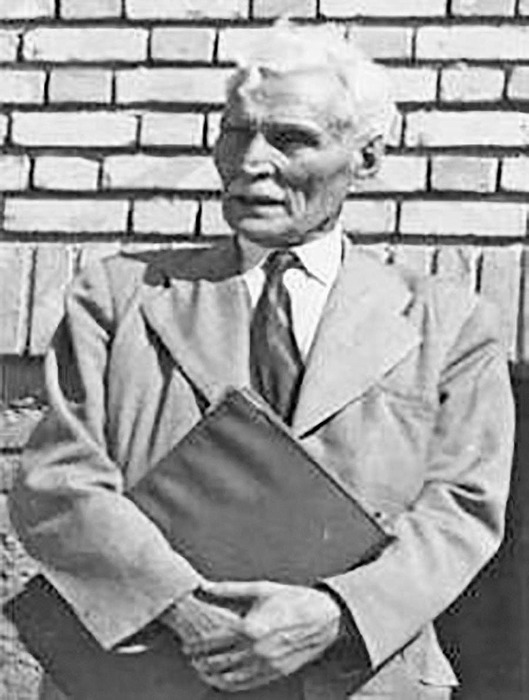
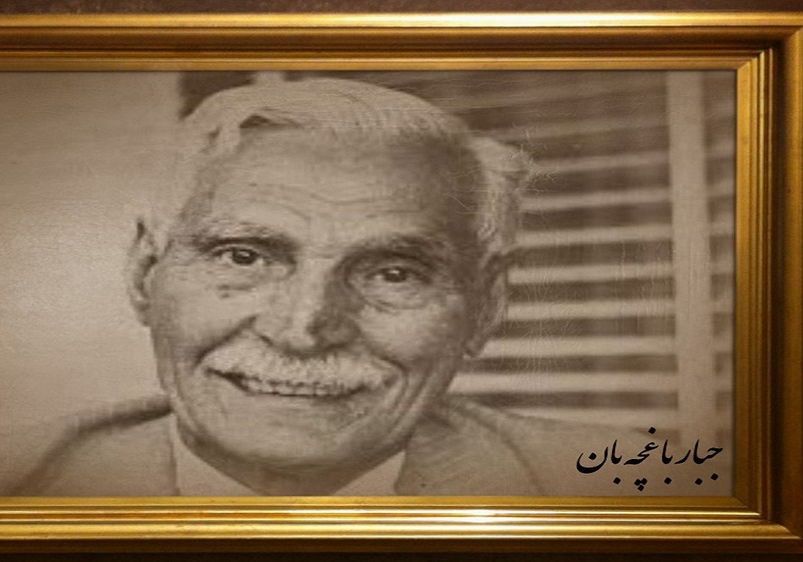





Choose blindless
Red blindless Green blindless Blue blindless Red hard to see Green hard to see Blue hard to see Monochrome Special MonochromeFont size change:
Change word spacing:
Change line height:
Change mouse type:

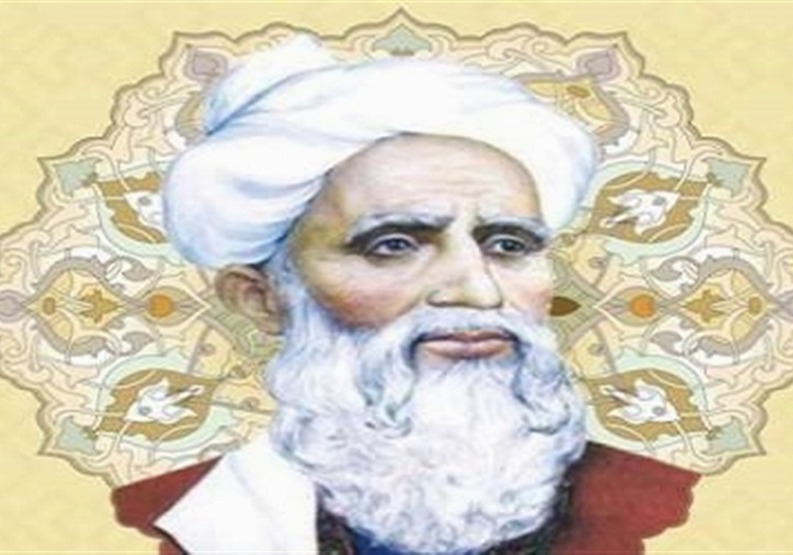




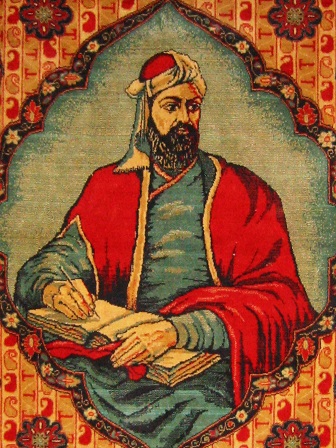



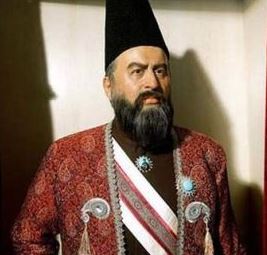


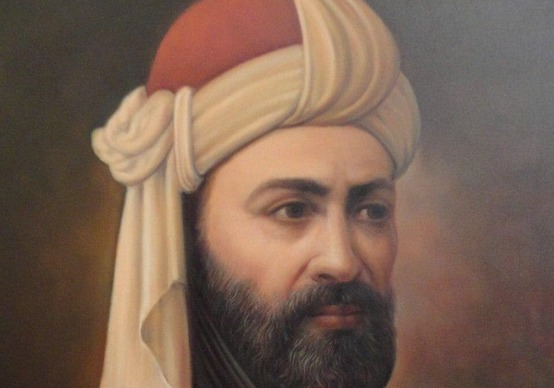
(b)_crop_8.jpg)